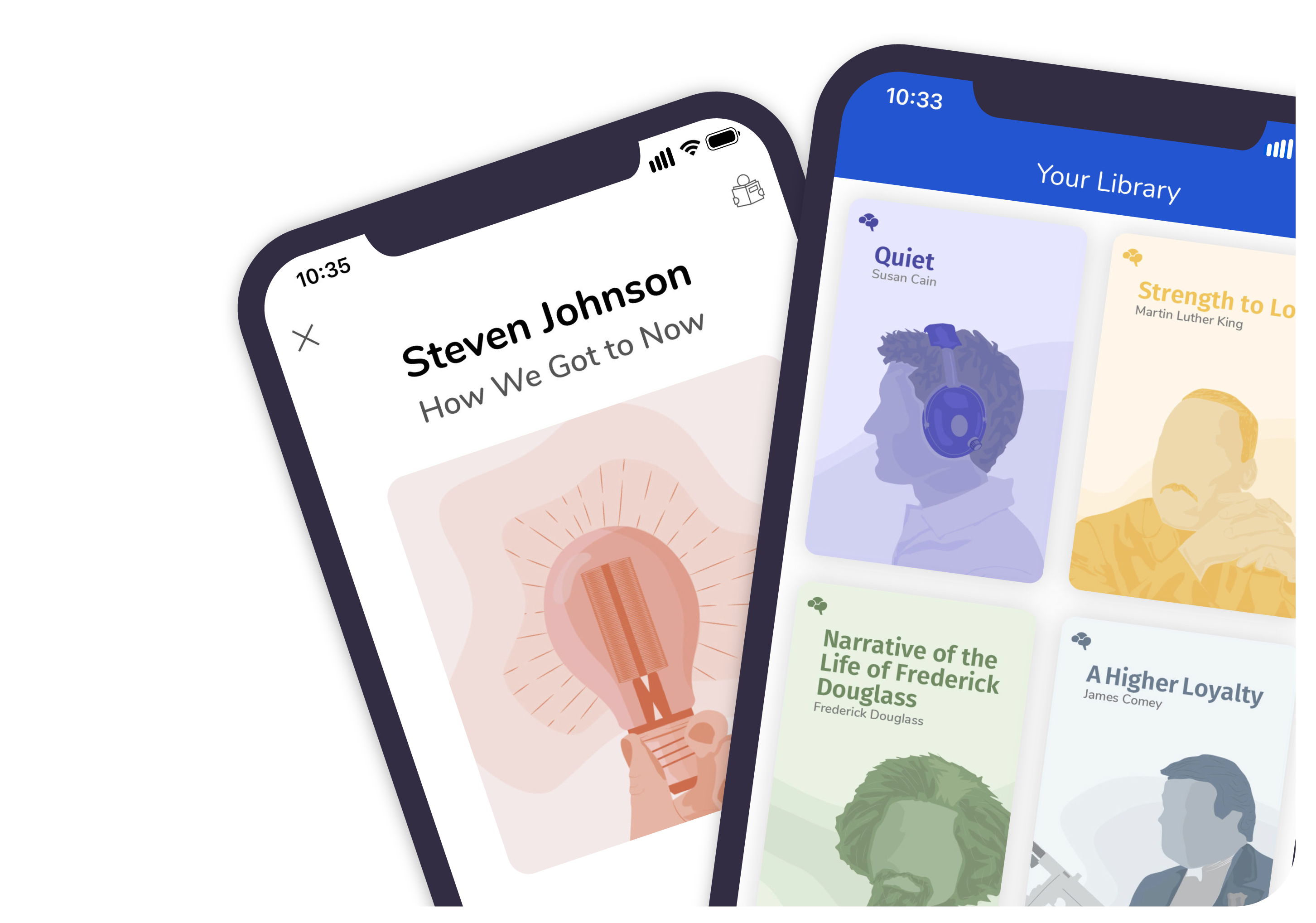
Now that we know the Cottleston Pie Principle (the importance of the inner self, accepting our nature, both its functions and limitations, and desiring to see things as they are), we can begin to apply it.
When we choose to see things as they are, and see our own true nature, we will inevitably encounter aspects of ourselves that we don’t care for. We can either eradicate those things we don’t like, change those things, or harness those things for positive ends. Changing and transforming are especially helpful approaches. Trying to get rid of something brings you too directly into conflict with things that are deeply ingrained. It leads to more struggle than is necessary and misses out on the potential to transform those negatives into positives. Redirecting those tendencies will better serve us.
The way we approach the unpleasant parts of ourselves is the same way we should approach our circumstances. Wu Wei is Chinese for “without exerting, causing, or making.” It’s about acting in a way that is not interfering, confrontational, or egotistical. In Chinese, the word Wei is comprised of the symbols for a clawing hand and monkey. A more colloquial translation of Wu Wei would be, “No monkey business.”
We all know what it’s like to try too hard. Try grabbing something quickly with your muscles tensed. Now try it again when with your muscles relaxed. We are far more dexterous and clear-headed when the mind is calm and the body is relaxed. We get awkward and confused when we strive and force things. When we operate by Wu Wei, things just happen the way they’re supposed to. It’s difficult to explain, but when decisions are made from the true inner self rather than the brain, which is easily manipulated for all its cleverness, things are more likely to fall into place. Events turn out far better than they would by all the brain’s calculated scheming.
Wu Wei is the Pooh Way. It’s Taoism applied.
